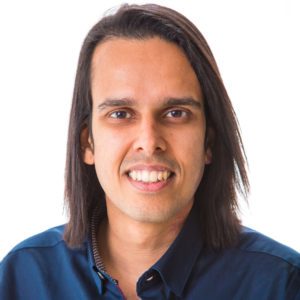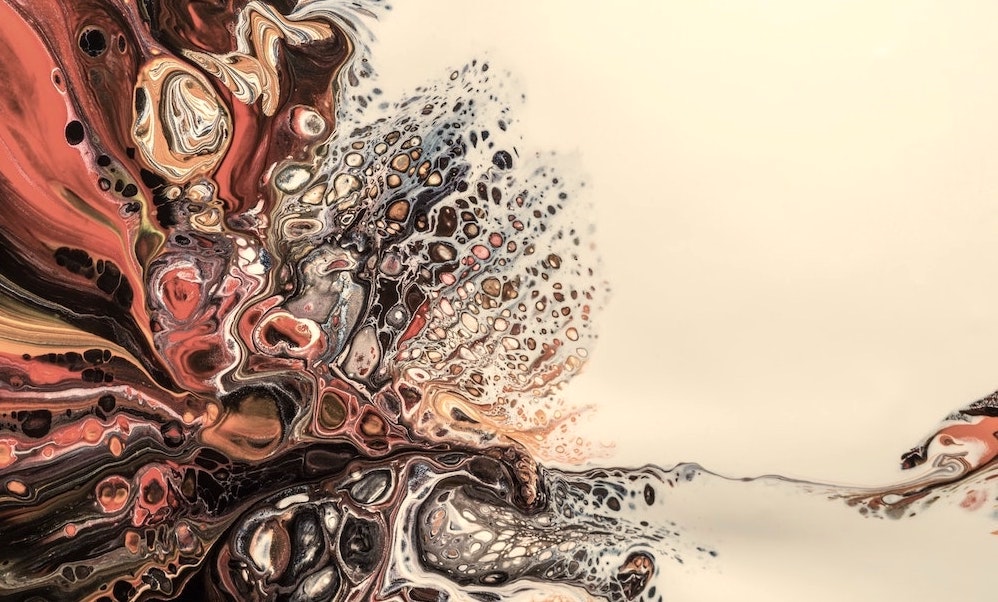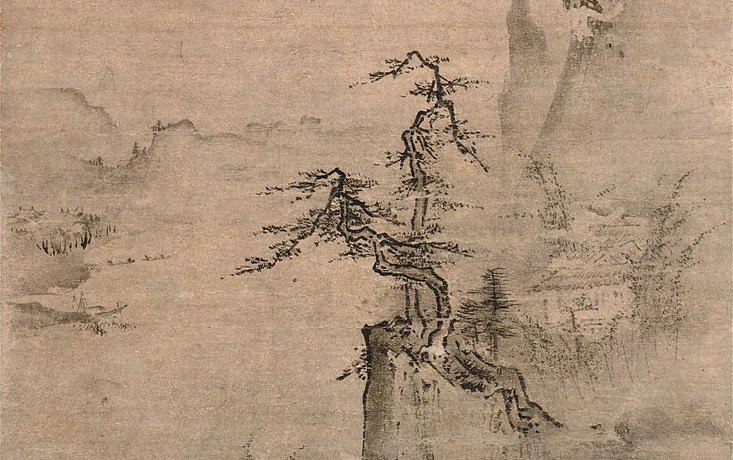To really know yourself is to notice your inner state, in the same way that a skilled painter notices colour. It is about being awake to subtle shades and shifts in your feelings and motivations. About really attuning yourself to both body and mind. And, such noticing very naturally takes you to a point of zero. A point where you start to ask WHO this ‘you’ is that you are trying to get to know.
Does it matter?
‘Why does it matter’, you ask? Well, can we really expect to skilfully navigate life if we do not know what is going on? Does it matter whether you see that rock along the path you are walking? It is the difference between whether or not you trip over. Not paying attention as you walk is not a good idea. In the same way, being blind to your inner state, and who you are, can make you trip. Only, what you trip over lies within.
These are the subtle, perhaps hidden, feelings and beliefs that you have not become awake to. Feelings and beliefs that can drive so much of how you live, without you realising it. And, some of these may be locked away deep within you. Perhaps, because they are too painful to look at. Or, because they bring you face-to-face with unpleasant truths that you would rather ignore. But, denying what you fear just gives it more power over you. It continues to build inside, only to crash down when you least expect it.
Beyond words
To really know yourself begins with radical noticing. Becoming awake to all your colours in their infinite variety and subtlety. Just like a good artist. Only that these colours are within. And, from such a place of clarity, you can more skilfully flow through whatever arises in life. This is why the ancients had different traditions aimed at mastery of mind.
Remember too that what you notice within may escape all (verbal) description and that does not matter one bit! All that matters is that you recognise it, in the same way that the artist knows whatever subtle shade of red she is using. Just because it is not easy to put into words, does not mean that it does not exist. Or, that you must ignore what you feel. On the contrary! Often, the richest areas of life are those that are the most difficult to put into words.
To really know yourself is to see beyond yourself
Let us go further into the question of ‘does it matter’. To really know yourself and notice what is going on inside, naturally connects you with the outside. For, the two are in a sense, one and the same. They arise in relation to, and thus feed off each other.
So, to really know yourself — your thoughts, moods, deeper beliefs — is also to become more awake to outside influences. To the many confusing narratives thrust upon you every day. And, what starts to become quite clear is the pull of modernity’s insidious culture of achievement. A culture that pushes you to measure your worth against arbitrary status benchmarks of ‘success’. Success that brings no relief, much like the man who drinks sea water to quench his thirst. It only makes him thirstier.
Indeed, this timeless human tendency much discussed by the ancients, is what modern psychology calls the hedonic treadmill. Whatever satisfaction you feel through achievement (or consumerism) soon passes and how you feel goes back to a personal baseline. So, now you must seek out more — you need another hit! You end-up running and running simply to stand still — hence the treadmill. Actually, it gets worse, because the amount of the hit you need each time may increase too (what Daniel Kahneman calls the satisfaction treadmill). Not only must we keep running, we have to keep running faster and faster just to stand still!
Endless striving
So, what really needs looking at is your baseline. What needs exploring is the feeling that you need to keep chasing something or the other simply to feel content within yourself. As if the human experience was somehow hollow that you have to fill it with all manner of things, whether material possessions or achievements.
This sort of enquiry, then, brings us to the core of what it means to really know yourself. To a point of zero, where we are forced to ask: ‘Do I really need to strive for anything at all to feel good about myself? Can I not embrace the wonder of the human experience just as it is, in its everyday variety?’
And, this takes us to the mother of all beliefs and feelings. The feeling that “I” — the ego self — is who I really am.
Your ego is a parody of you
The truth is that your ego is a parody of who you are. Yet, this is often difficult to see because we are fed an altogether different idea. Your ego is the arbitrary, partial narrative of who you are. For example, I might say I am Harsha, born in Sri Lanka blah blah blah. It is a narrative built on fragments of memory, arbitrarily remembered and created out of social convention. Put simply, it is just the story of your life. Or more accurately, it is the story you choose to remember as a convention.
The problems arise when you confuse this partial story for reality. When your ego invests itself so much in this story that it insists that you should be a certain way. But, this is a recipe for endless frustration — like the dog that chases its own tail. You define some standard that you want to reach in the future to confirm that you are worthy. While never feeling good about yourself even when you reach it. Because the whole game is nonsensical, for it is built on the most partial and arbitrary idea of who you are. And, how can a false and flimsy notion of who you are offer any fulfilment? Yet, everyone seems to be doing it, so you feel that you ought to do it too!
To really know yourself is to know the infinite
To recognise an empirical self with a name, address etc. is part of practical life. That’s not the issue. It is very handy to receive my post under the name Harsha at my address. And, for my friends to return the books I lent them, to me, Harsha. Let’s not get carried away with foolish ideas of self-denial, here. Rather, it is the rigid identification with the ego’s idea of self that is dangerous. Believing that it is ALL that you are — an ‘isolated ego in a bag of skin’, as Alan Watts put it.
And, this rigid identification is worrisome because it creates a kind of existential doubt. Doubt born out of a feeling that you are somehow battling against an outside world. A world that we are culturally conditioned to increasingly feel separate from. But, if there is any difference between us and the wider natural world, it is not one of fundamental essence.
Distinctions
The Taoist sage, Chuang Tzu, viewed all conventional distinctions between things as distracting us from seeing their fundamental unity.
“To make a distinction is to make some construction. But construction is the same as destruction. For things as a whole there is neither construction nor destruction, but they turn to unity and become one. Only the truly intelligent know the unity of things. They therefore do not make distinctions, but follow the common and the ordinary.”
We are, in a sense, each a fractal of the entirety of a nature. An outpouring from it, rather than something that stands opposed and separate to it. In another passage Chuang Tzu points to how clinging to distinctions is like trying to store a boat in a in creek or a net in a lake.
“These may be said to be safe enough. But at midnight a strongman may come and carry them away on his back…[]..no matter how well you store things, smaller ones in larger ones, there will always be a chance for them to be lost. But if you store the universe in the universe, there will be no room left for it to be lost. This is the great truth of things”.
Mind’s ways
Your ego self is built using memory and expectation. It uses the very natural properties of the mind as a reflective tool —constantly evaluating, looking to the past and the future. And, it is a fantastic tool that has allowed us to do quite amazing (and terrible) things as a species. The problem is that we so easily fall victim to believing that there is something special we need to do to be ‘happy’ apart from simply being. Here and now. Wherever you are, whatever you are doing.
The mind’s endless reflections can distract us from the fullness of present experience. And, how that experience seems to arise out of nothing, yet feel like something. The great thing is that there is nothing extraordinary about this experience apart from the fact that it is so ordinary! It is available to you if only you dare to see it. It is as plain as day if only you look, if you stop believing that satisfaction is some carrot to be strived for in the future.
This is why one Zen master, when asked ‘what is the Tao?’, is famously supposed to have replied: “Your everyday mind is the Tao”.
To really know yourself
The gateway to really knowing yourself is to become awake to your everyday experience in its infinite wonder. To see into your inner world and how that connects to the outer world.
To really know yourself is then to enquire into the very nature of being as YOU experience it.
All it takes is the curiosity to look.
_____________________________________________________________________________________________





Recent Comments